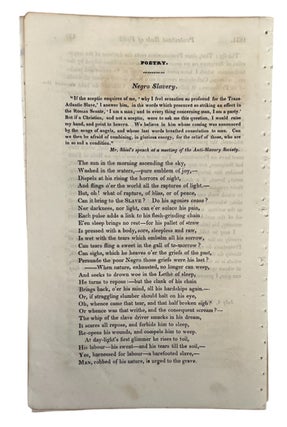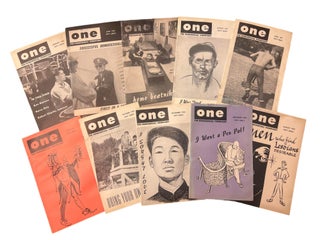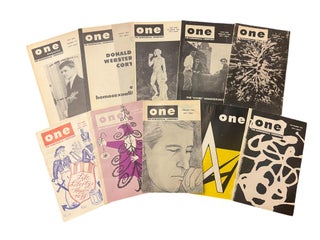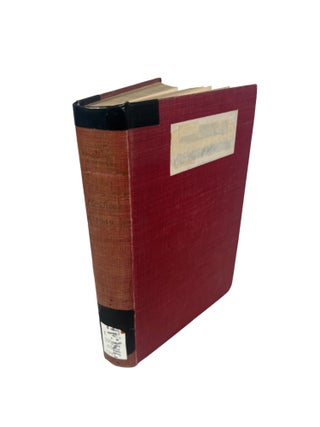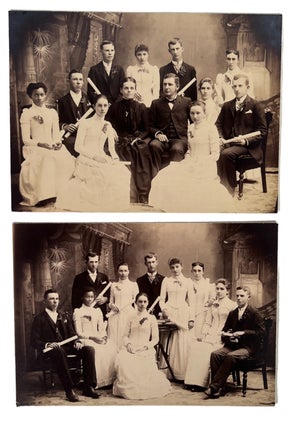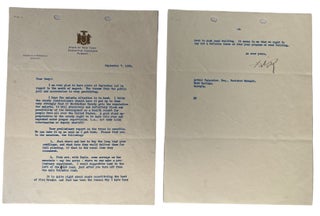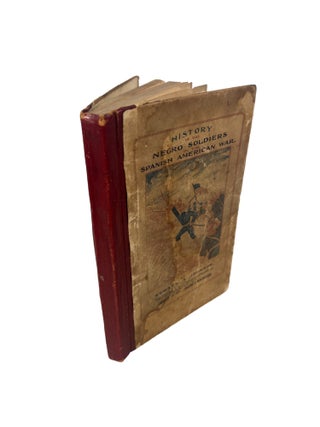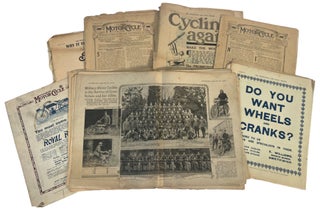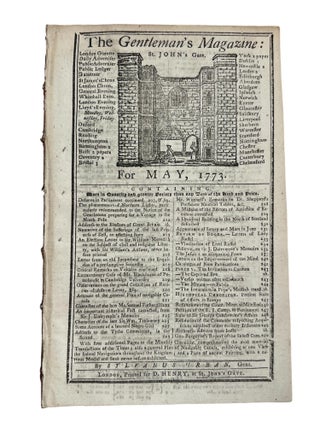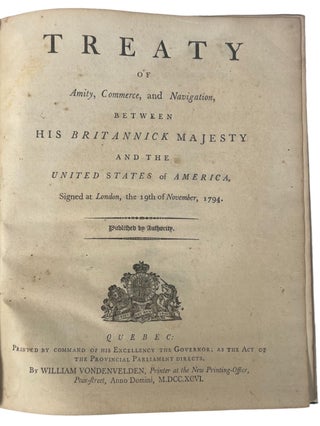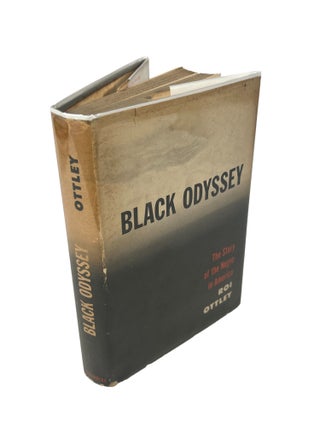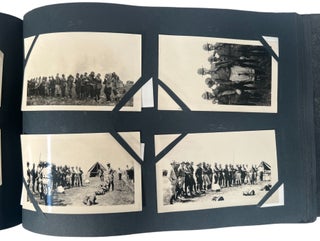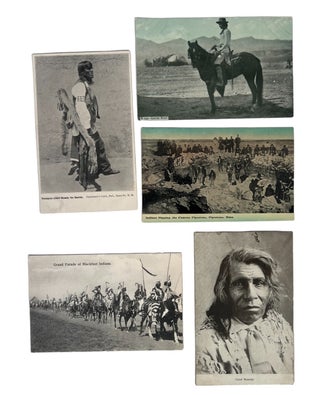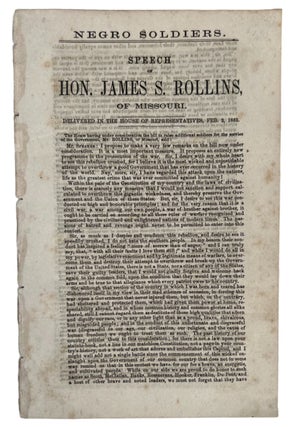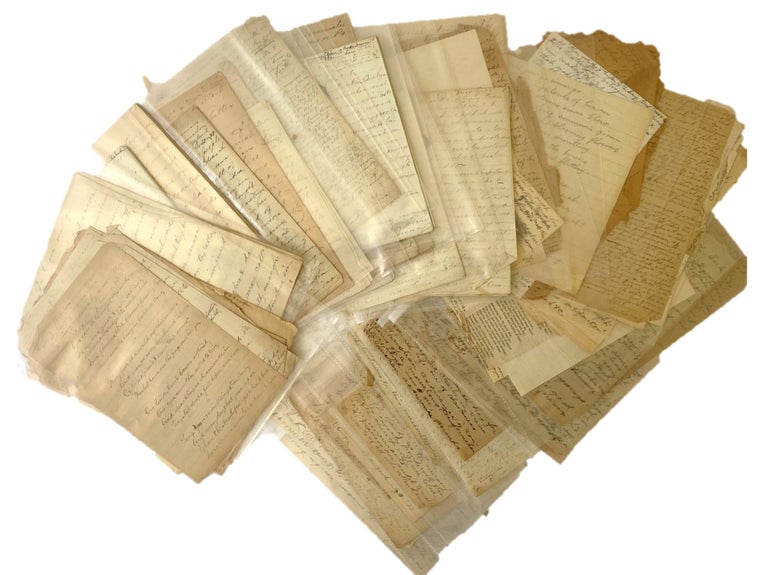
Extensive Archive of Massachusetts/California Methodist Minister's Evolving Thoughts on the Human Condition and The Role of Women, 334 Handwritten Pages,1880-1888
Archive
Extensive archive from Methodist minister and revivalist preacher Irving R. Lovejoy from 1880-1888. This archive of 334 handwritten pages by the Reverend includes 20 handwritten and handbound sermons totaling 219 pages. Also includes an additional 115 pages of handwritten notes (mostly related to sermons and religions), letters and personal documents. Between 35,000 and 40,000 words. Lovejoy's notes and sermons document his own evolving thoughts on spirituality, the human condition and the role of Methodism in social reform during the 19th Century. In addition, there is a family genealogical study written by Lovejoy's own granddaughter a century later. "Irving Roscoe Lovejoy by name," writes his granddaughter, "and what an appropriate name-Lovejoy; two words which sum up his life. He had a love of God, of family, of friends, of humanity. He was one who truly believed 'love thine enemies.' Joy abounded within him and radiated to others."Lovejoy lived and preached during what's known as the Social Gospel Movement, a period in 19th century American history during which religious activism was focused on social justice particularly in causes of abolition, prohibition and child welfare reform. "I found a young life broken by sin's sedative art and touched with a christlike pity I took him to my heart. He lived with a nobeler purpose, and struggled not in vain," Lovejoy writes. His sermons and notes are filled with anecdotes, contemporary stories demonstrating biblical principles that are characteristic of his style.
He writes frequently of the vital role women play not just in the church but in its cause of social justice more broadly, "Now often too, next to a mother's prayers have been the sympathy and help rendered by the wives of methodism! God bless them! How willingly they share in the toils and privations of an itinerant life. Such sacrifices indicative of complete consideration to God give rise to heart too full of the love of Christ and lives crowned with Christian graces. The wives of Methodism,, though generally modest and retiring, yet through intimate and continual communion with God become engines of wonder," he writes on one page of notes for a future sermon. On the verso of the same page, he notes examples with testimonial quotes "Says George W Bethune 'I've poured o'er many a yellow page of ancient wisdom, and have won, perchance, a scholar's name, but sage or beard have never taught thy son lessons so dear so fraught with holy truth as those his mother's faith shed on his youth." In a second anecdote on the same page, Lovejoy writes, "she led me first to God; Her words and prayers were my young spirit's dew; for when she used to leave the fireside every even I knew it was for prayer that she withdrew."
Lovejoy was known for his prose, evident not just in his sermons but in handwritten and edited hymn lyrics among the personal documents in this archive. "Will you go sinner go to the highlands of heaven where the storms never blow and the long summer's given where the bright blooming flowers are their odors emitting and the leaves of the bowers in the breezes are flitting," reads one hymn attributed online to both C. B. Davidson and William McDonald, contemporaries of Lovejoy's and possible collaborators. In another, Lovejoy hand writes and edits an 8 stanza hymn titled "The Soul Addressed" which reads, in part "Words compose the language meekness the actions clothe each helps the other [gauge] the souls majestic growth." Among denominations of Protestantism, Methodism is known for the distinct simplicity of its worship style and lineage of hymns written and recorded by its pastors over many years.
The notes are written on whatever pages Lovejoy had on hand, often loose leaf notebook paper but also the back of an advertisement, scrawled across a business card and covering a piece of odd card stock. Measurements range from 5" x 3.5" to 11" x 8.5" inches. Marked by his characteristic short hands, they testify to the fervor with which Lovejoy recorded inspiration as it arose. In one note on the subject of Christian rest, he writes "It is a pledge of God's veracity and goodness. It's nature. it inward rest-peace of conscience-joy of the holy ghost. It saves from sin its guilt and power...Blessed is the man that maketh the Lord his trust and respecteth not the proud, non such as turn aside to his 40.4. Surely he shall not be moved forever the righteous hall be in everlasting remembrance. He shall not be afraid of evil tidings, his heart is fixed trusting in the Lord."
The Social Gospel Movement happened in affiliation with what's known as The Third Great Awakening, a period that rose out of the post-millennial belief that the second coming of Christ would only come once the entire Earth had been reformed of original sin. Reformation, according to Methodists like Lovejoy, would not come through fire and brimstone but through loving conversion within community. "We would see Jesus= the desire of all nations, universal desire, he writes in one note. Another note written like a prayer reads, "Let us go on until perfection." Often he seems to be brainstorming, "In olden times the customary form of service was the preaching of the sermon. followed by an exhortation," he writes to himself.
In the draft of a letter to a Mr. L. B. Simmons, Lovejoy writes "Dear Old Friend, This is not the kind of a day to discuss matter and things in detail." He goes on to do just that, writing in part, "A man receives a hint of what he is to do-what his life-work ought to be, in the desire he entertains-the preference he involuntarily make of one line of work or another. this explains the fact of some reaching a greater point of success than others. These have had one object in view and have given their time and talents to the perfecting of it. That object was chosen in early youth by the more emphatic desire in that direction than in any others." For Lovejoy, that object was his ministry.
n 1888 Lovejoy moved to California from Massachusetts where he edited a local newspaper and preached for more than twenty years. The archive includes an issue of the Daily Humboldt Times measuring 23" x 9" inches. We believe this is an issue of the same paper Lovejoy wrote for and edited. He became so popular he conducted Evangelist Revival meetings up and down the state. The archive includes a broadside advertisement for one of these meetings with Lovejoy's black and white photograph under the text, "He is an earnest, well equipped spiritual man. No finicism nor fanaticism. Strong in pulpit, fervent in prayer, winsome in childrens' meetings, sane and safe socially...He is an up to-date 'old-fashioned' Methodist preacher and worker. there were no fads nor 'claptrap.' His reliance is the Holy Spirit." Measures 8" x 11" inches.
In the family genealogical research composed by his granddaughter, Lovejoy's life's work is lovingly memorialized, "History records the deeds, both famous and infamous, of the heroes of battle, of the scientists who discover lifesaving processes or vaccine, of the politicians, of the adventurers who travel into new lands or into space-but of much more important influence are the personal heroes of each one's life. My grandfather was one of those heroes to me...The middle years of the 1800s's were ones of great turmoil in the United States...the question of slavey was fomenting in many places. One of the heroes of history of this era was a Lovejoy cousin to my grandfather. He was Elijah P. Lovejoy, who became a 'martyr abolitionist' and has been honored in recent years at Freedom of the Press celebrations." Lovejoy's cousin Elijah was a publisher murdered for distributing abolitionist texts and, along with Lovejoy's abolitionist parents, would have had a profound impact on the Reverand's burgeoning world view. Geneaological research is printed and bound with clear plastic case, 13 pages of family history with archival excerpts, measuring 8.5" x 11" inches, titled "A biographical sketch and memories of Reverend Irving Roscoe Lovejoy Ex Libiris J. Lovejoy 12/6/74." The copy is marked in places with edits or additions made in pen.
This large archives includes 12 sermons (164 handwritten pages), 1 newspaper leaf with 2 pages, 78 loose pages of notes and letters, all revolving around the same subject of the role of religion in society but some may be in different hands. 3 newspaper clippings (aprox 6 pages) and 12 pages biographical sketch and memories by Lovejoys granddaughter. A fascinating look inside the life and mind of a man working locally toward global change.
Item #18046
Price: $2,700.00
See all items in
Americana,
Autographs, Letters and Archives,
Religion and Philosophy,
Slavery and Abolition,
Social Activist
See all items by Archive Religious Oration

